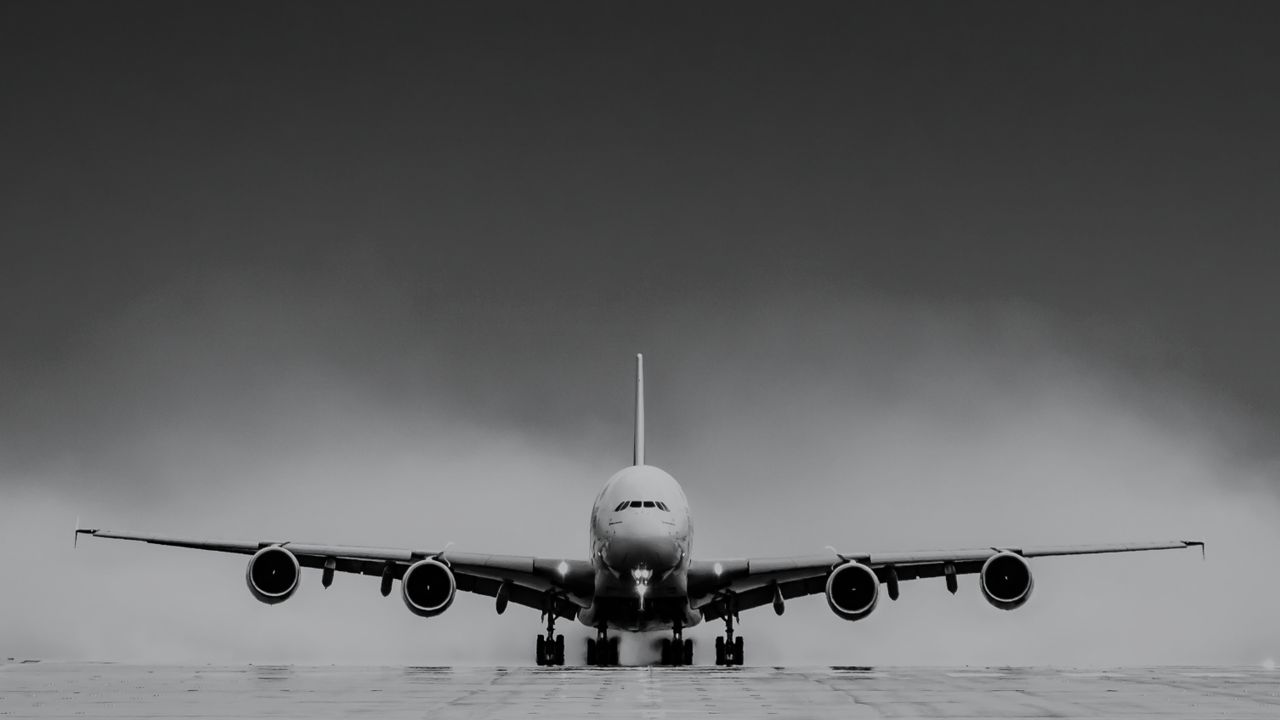Sector: Private
Industry: Manufacturing
Domain: Series aircraft

Aircraft design: Preparation
Organization. A team of designers is tasked to design an extended version of an aircraft. The team consists of senior designers and junior designers. When confronted with new design issues, junior designers tend to invent new solutions, whereas senior designers tend to develop solutions with a higher chance of regulatory compliance. The latter is a requirement for an aircraft to be allowed onto the market.
Environmental factors. Competition with other aircraft manufacturers.
Challenge. Less access to the capabilities of senior designers results in a lower chance of regulatory compliance.
Goal. Increase business performance.
Objective. Increase access to capabilities of senior designers for designing an extended version of an aircraft faster.
Benefit. Shorter time to market.
Worthwhile.
Aircraft design: Execution
Identify
- Produce a series aircraft design
- Design brief
- Design strategy
- Adopt a propose-and-revise strategy: “Retrieve historical records of the design of an aircraft in the same series, copy the design solution, and change the design solution to solve the design problem.”
- Design frame
- Design problem
- Design concept
- Design solution
Analyze
- Experience:
- Adopt a propose-and-revise strategy
- Organization strategy:
- Adopt a propose-and-revise strategy
- Unused advantage:
- Adopt a propose-and-revise strategy
Make
- System. Update the standard operating procedure for:
- Adopt a propose-and-revise strategy
- Skills. Train junior designers in:
- Adopt a propose-and-revise strategy
Background research
Frances Brazier, Pieter van Langen, and Jan Treur (1997). A compositional approach to modelling design rationale. AIEDAM 11, 125-139.